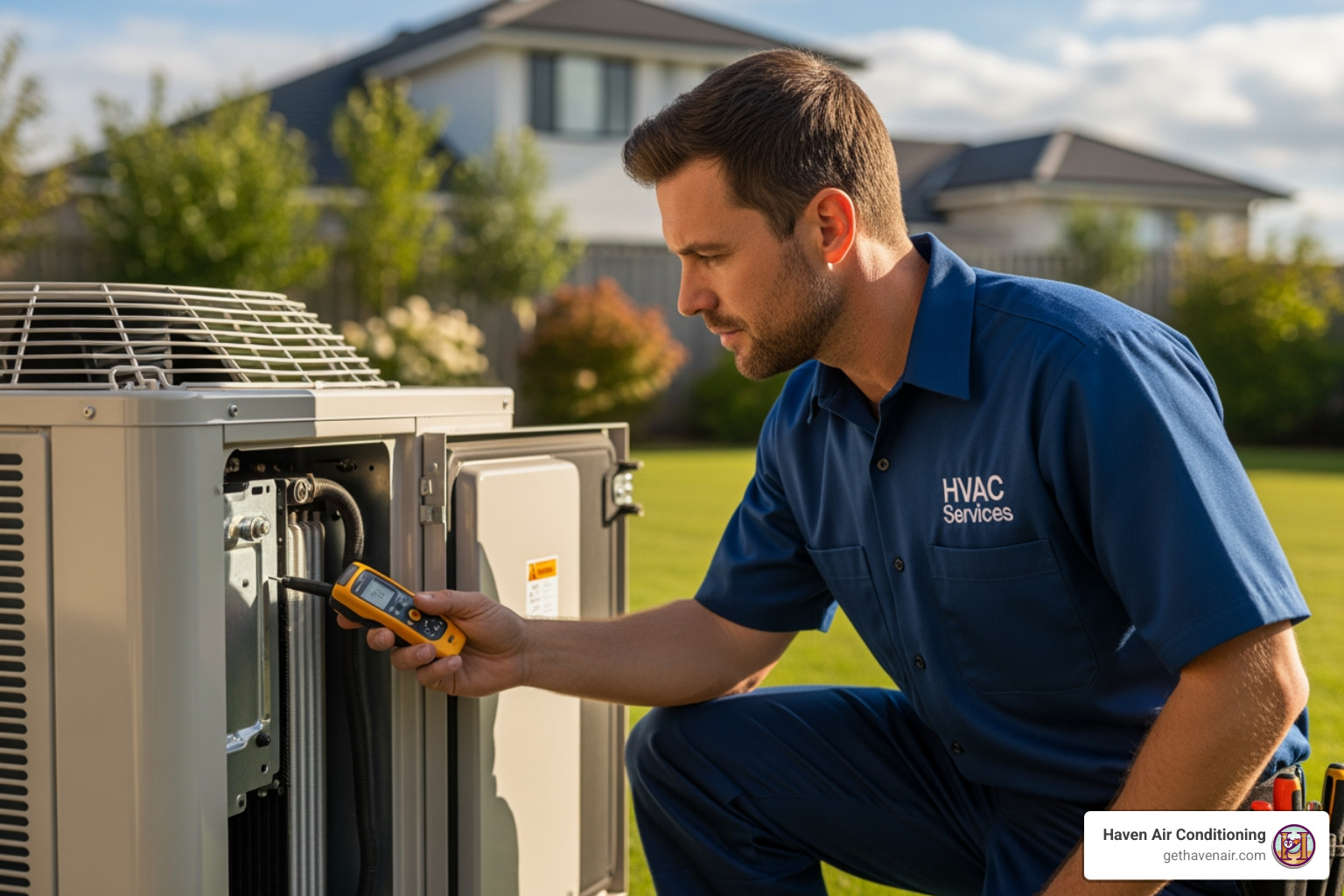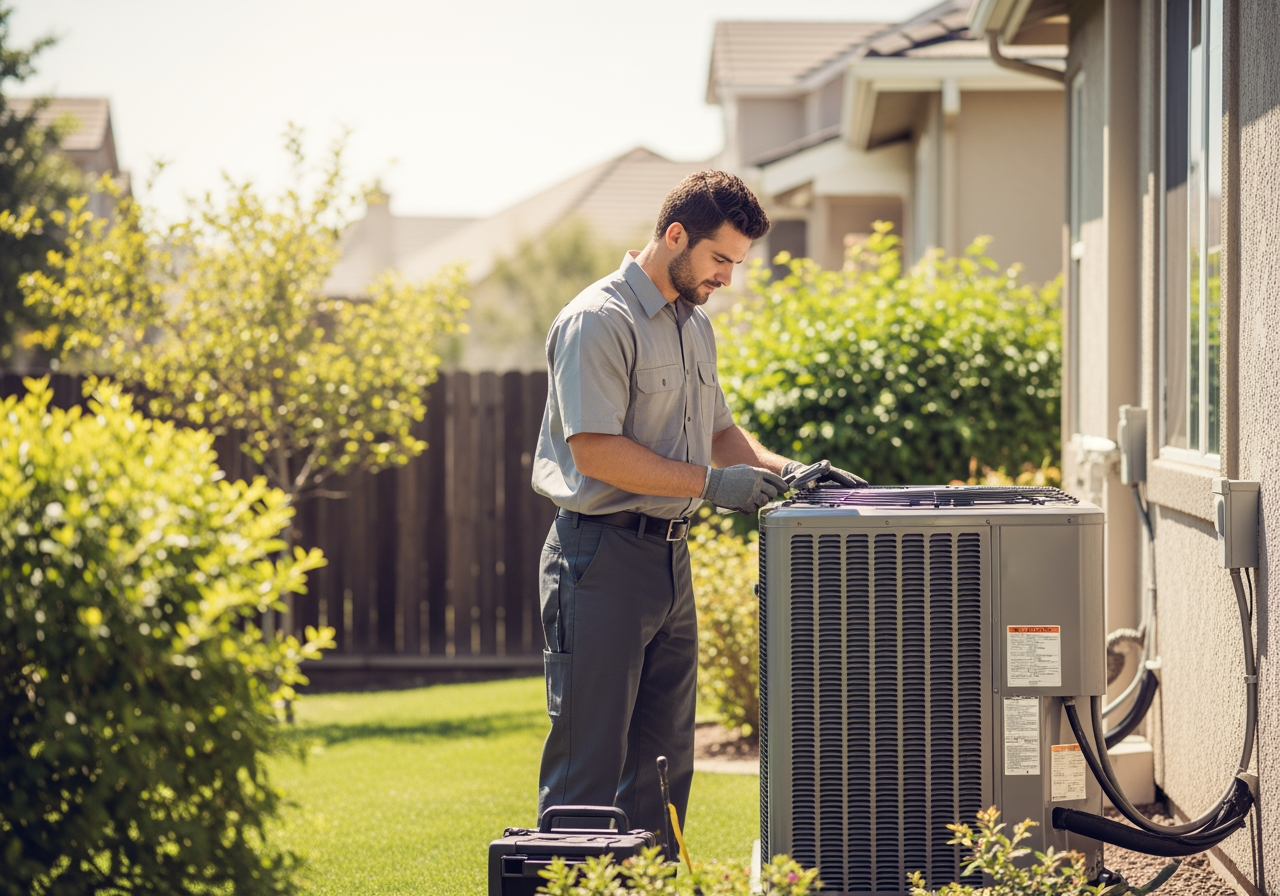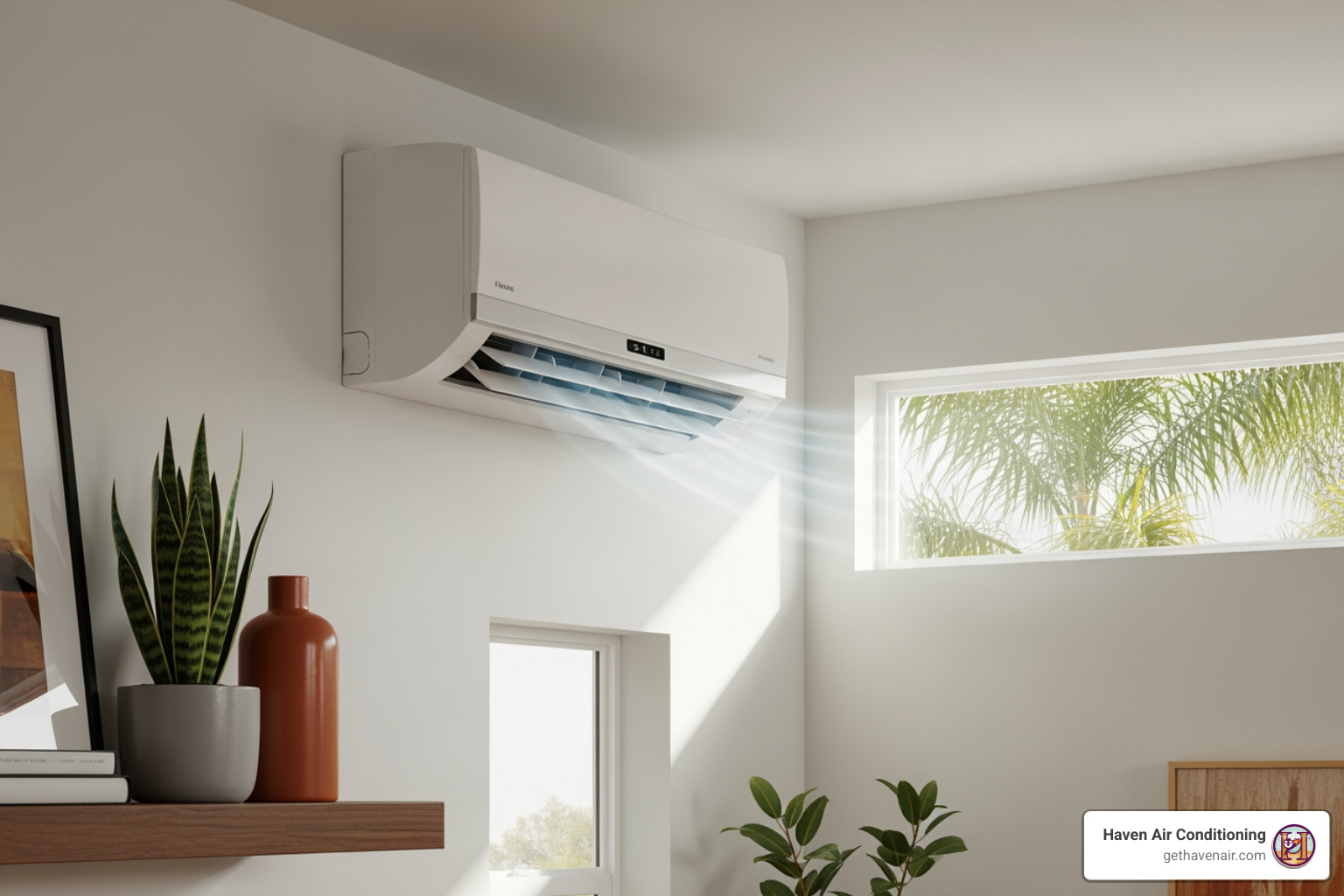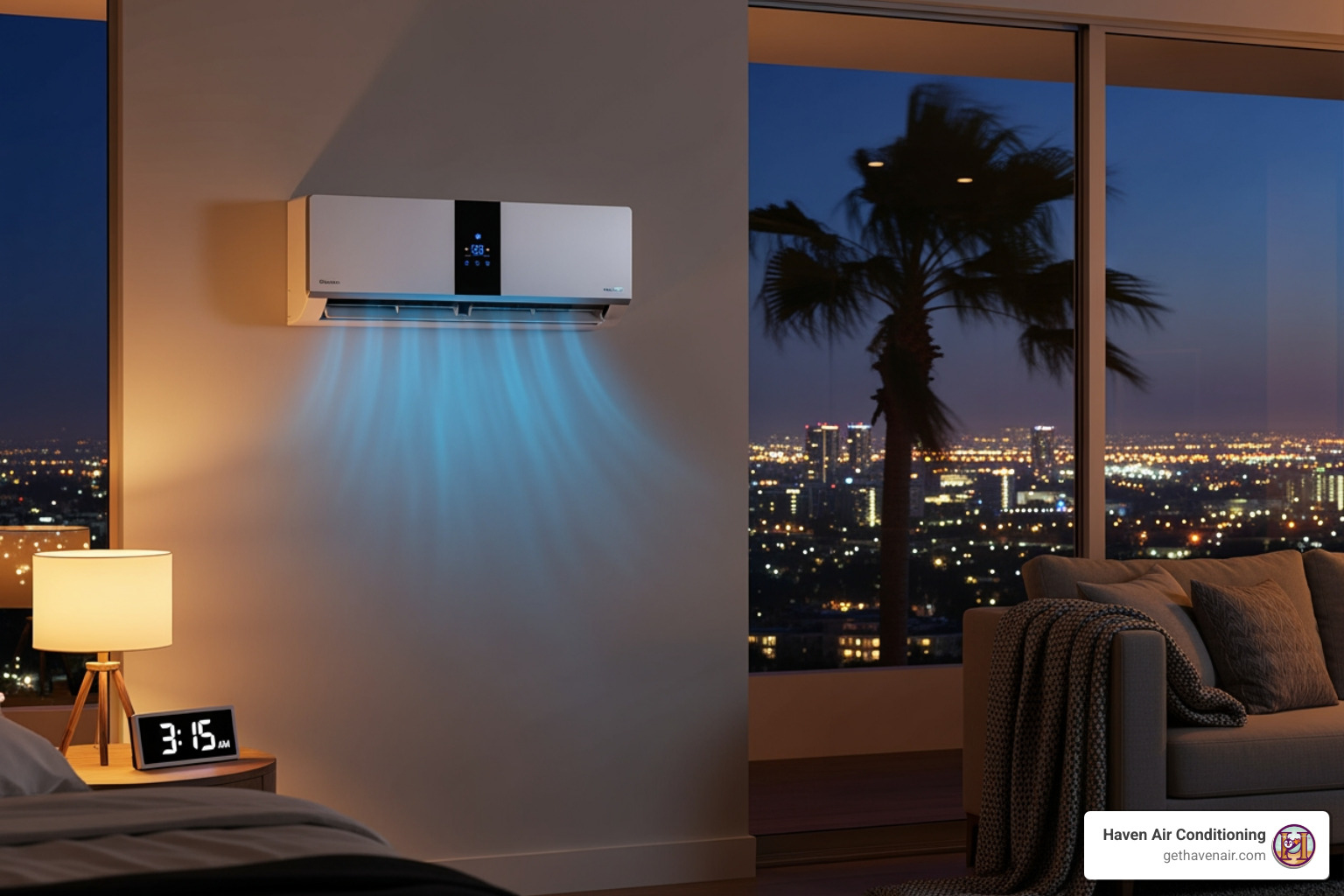So, you’re thinking about adding some heat to your home. Whether you want to save money on your heating bill, or just make your house feel cozier, there are a lot of options out there.
And that’s where it gets tricky. Because when it comes to heating and cooling, there’s no one-size-fits-all solution. You need to consider what’s important to you and what works best for your home. For example:
- Do you want a system that uses environmentally-friendly sources?
- Do you need something that can be easily maintained?
- Do you want something that looks good in your living room?
- Or would you rather have a system that blends into the background so it doesn’t draw attention?
If any of these questions sounds familiar, then this article might help! We’re going to talk about three different types of heating systems available in Orange County, CA: furnaces, heat pumps, and electric baseboard heaters. We’ll look at how each one works, what makes them different from one another, and why they might be right for your situation!
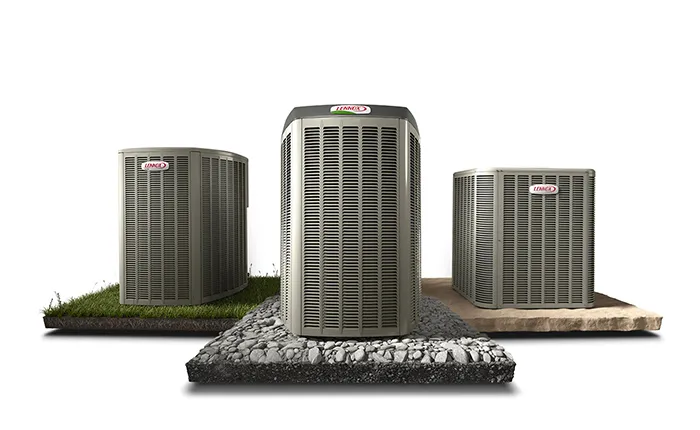
What’s A Heat Pump?
Heat pumps are a type of HVAC (heating, ventilation, and air conditioning) system that uses the outside air to heat or cool a home. In winter, a heat pump extracts heat from the air and transfers it into the home. During summer, the process is reversed to cool the house. Heat pumps are relatively efficient and can be used in various weather conditions.
Highly efficient and versatile, heat pumps use electricity to transfer heat from one location to another. During colder months, they extract warmth from outdoor air or ground sources and bring it indoors. In warmer months, they reverse this process by removing indoor heat and releasing it outside.
The key component of a heat pump is the refrigerant, which absorbs and releases heat as it circulates through the system. When in heating mode, the refrigerant extracts warmth from outdoor sources using an evaporator coil before being released into your home’s ductwork or radiant floor system. In cooling mode, the process is reversed as the refrigerant absorbs indoor heat through an evaporator coil inside your home before releasing it into the surrounding environment at the outdoor unit.
Benefits Of A Heat Pump
There are many benefits to using a heat pump in your home, including:
- Lower Energy Bills: They use less energy than other types of HVAC systems, so you’ll save money on your energy bills. One reason for this is that heat pumps don’t have to generate new heat. They simply move existing heat from one place to another.
- Less Maintenance: While all HVAC systems need regular maintenance to run efficiently, heat pumps have fewer moving parts than traditional forced-air systems. This means there are fewer opportunities for something to go wrong.
- Safety: One of the biggest advantages is that they are much safer than combustion-based heating systems. Combustion-based systems rely on burning fuel to generate heat, which can produce harmful emissions and pose a risk of fire. In contrast, heat pumps do not use combustion to generate heat, making them much safer to operate.
- Carbon Emissions: Heat pumps offer an excellent option for eco-conscious homeowners. These systems don’t produce carbon emissions, making them a much friendlier choice for the planet than other HVAC options.
- Cooling And Heating: A heat pump is a versatile appliance that can be used for both cooling and heating. This allows you to enjoy a comfortable indoor temperature – no matter what the weather is like outside.
- Life-Span: While the average lifespan of a heat pump is around 15 years, it can last anywhere from 14 to 50 years. Despite these numbers, they are an exceptionally reliable and steady source of heat.
- Cons Of A Heat Pump: Of course, there are also some disadvantages to using a heat pump in your home. These include:
- Initial Cost: One of the biggest drawbacks is the initial cost. Heat pumps are more expensive than other types of HVAC systems, so you’ll need to factor this into your budget.
- Not Ideal for Extreme Temperatures: Heat pumps are not ideal for extreme temperatures. They can struggle to generate enough heat and keep your home comfortable in very cold weather. And in very hot weather, they can’t cool your home as effectively as a central air conditioner.
- Installation Challenges: Heat pumps are fairly difficult to install and require a certain level of HVAC understanding to be installed correctly. This includes knowledge of the movement of heat, local geology (for ground source heat pumps), and the heating and cooling requirements for your household.
- Sustainability: Some of the fluids used for heat transfer, such as Freon and hydrofluorocarbons (HFCs), are of questionable sustainability and thus raise environmental concerns. These fluids have a high global warming potential (GWP) and can remain in the atmosphere for centuries, contributing to climate change. Therefore, we recommend using biodegradable fluids.
What’s A Furnace?
A furnace is a part of the heating, ventilation, and air conditioning (HVAC) system. The purpose of a furnace is to circulate heated air throughout a room or space.
Furnaces rely on combustion processes to produce warm air for heating purposes. Fueled by natural gas or oil, they burn these fuels within a combustion chamber to generate hot gasses that pass over a metal exchanger surface. This metal exchanger transfers its thermal energy to incoming cold air blown over its surface by a blower fan. As a result, warm air is distributed throughout your home via ductwork or vents.
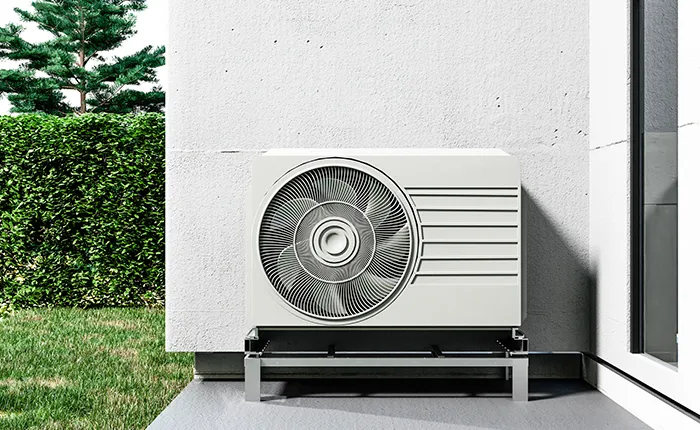
Furnaces are activated by thermostats, which are devices that regulate temperature. When you adjust the temperature on a thermostat, the air inside the room might be cooler than the temperature you set. This is because it takes time for the furnace to heat up the air.
Once the furnace is turned on, it will circulate heated air until the thermostat senses that the room has reached the desired temperature. Then, the furnace will turn off automatically.
Benefits Of A Furnace
There are several benefits of using a furnace, which include:
- Installation and Lifespan: Furnaces are relatively easy to install, and they have a long lifespan. With proper maintenance, a furnace can last for 20 to 30 years.
- Reliable Even in Extreme Temperatures: In extremely cold weather, a heat pump can lose its efficiency and may even need to be turned off for a short time. On the other hand, a furnace will continue to operate reliably even in the most extreme temperatures.
- Less maintenance: Furnaces require less maintenance than other types of HVAC systems. You should have your furnace serviced once a year to keep it running smoothly.
Cons Of Furnaces
There are several benefits of using a furnace, which include:
- High Operating Costs: One of the biggest disadvantages is that they can be pretty expensive to operate. If you have an electric furnace, you can expect your utility bills to be higher than if you had a gas furnace.
- Health Risks: Furnaces can pose health risks if they’re not properly maintained. In particular, furnaces can produce carbon monoxide, which is a colorless and odorless gas that can be deadly.
- Noisy Operation: One potential downside of furnaces is that they can be quite loud when running. This can be disruptive if you’re trying to sleep or watch television.
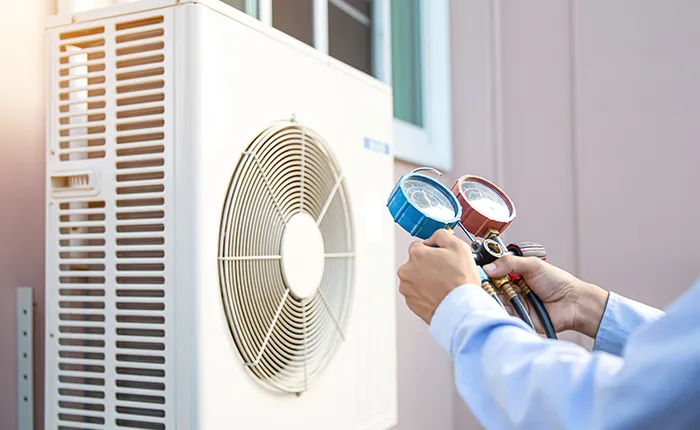
Choosing The Right System For Your Home
When deciding whether to install a heat pump or furnace in your home, there are several factors you will need to take into account. Here are some expert tips to help you make an informed decision:
- Access to natural gas: The first is your access to natural gas. If you have natural gas lines running to your home, a furnace may be your best option. If you do not have access to natural gas, then a heat pump would be the way to go.
- Your AC unit: The second point to consider is whether or not you currently have an AC unit installed in your home. If you do not have AC, then a heat pump would be the better option as it can function as both a heater and an AC unit. However, if you already have AC installed, then a furnace would likely be a better option for you.
- Upfront and operating costs: Another point to consider is upfront and operating costs. Heat pumps tend to have higher upfront costs but lower operating costs, while furnaces have lower upfront costs and higher operating costs.
- Safety: Heat pumps can pose a risk of carbon monoxide poisoning if they are not properly installed and maintained. Furnaces also come with a risk of carbon monoxide poisoning if, again, they are not properly installed and maintained.
- Lifespan: Heat pumps have a shorter lifespan than furnaces, typically lasting around 10-15 years. Furnaces have a longer lifespan, typically lasting 20-30 years.
- Effectiveness: In extremely cold weather, heat pumps can lose their effectiveness and may even need to be turned off for a short period. Furnaces are not as affected by extreme cold and will continue to operate reliably.
- Climate: The climate in your area is crucial in determining which system is best suited for your home. Heat pumps work efficiently in moderate climates with mild winters, as they extract heat from the outdoor air. On the other hand, furnaces are better equipped to handle extremely cold temperatures found in regions with harsh winters.
- Home Size: Take into account the size of your home when choosing between a heat pump and a furnace. Heat pumps may struggle to adequately heat larger homes during colder months, as they rely on extracting heat from outside sources. Furnaces, especially gas-powered ones, can provide more consistent heating throughout larger spaces.
- Energy Efficiency: Both heat pumps and furnaces come with different levels of energy efficiency ratings (SEER for cooling efficiency and AFUE for heating efficiency). Consider these ratings when comparing models within each system type as they directly impact operational costs.
- Maintenance Requirements: Take into account the maintenance needs of each system – heat pumps typically require regular filter changes and occasional professional inspections while furnaces may need more frequent maintenance due to combustion-related components.
- Long-Term Cost Effectiveness: Consider not only upfront costs but also operational expenses and potential savings over time. Energy-efficient heat pumps can significantly reduce monthly utility bills, while furnaces might have lower installation costs but higher energy consumption.
- Expert Advice: : It’s always recommended to consult with qualified HVAC professionals who can assess specific needs and provide personalized recommendations based on factors such as climate, home size, budget, and desired functionality. They will help navigate through various options available within each system type and guide you toward making an informed decision that best suits your requirements.
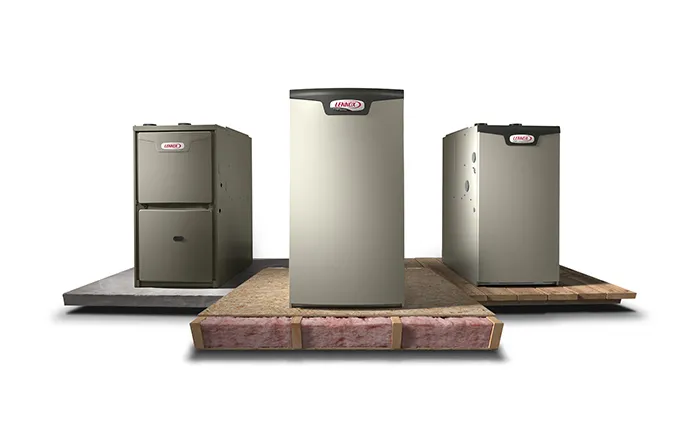
Conclusion
After taking a closer look at heat pumps and furnaces, it’s clear that there are pros and cons to both options. You need to weigh the factors of access to natural gas, upfront, and operating costs, safety, lifespan, and effectiveness to decide which option is best for you.
A furnace installation may be the better choice if you’re looking for a reliable system that will work well in extreme temperatures. However, installing a heat pump could be the way to go if you’re interested in saving money on your energy bills.
If you’re still unsure which option is best for you, contact the top HVAC company in Orange County, Haven Air Conditioning. We are always on call to help you make the best decision for your unique needs!


